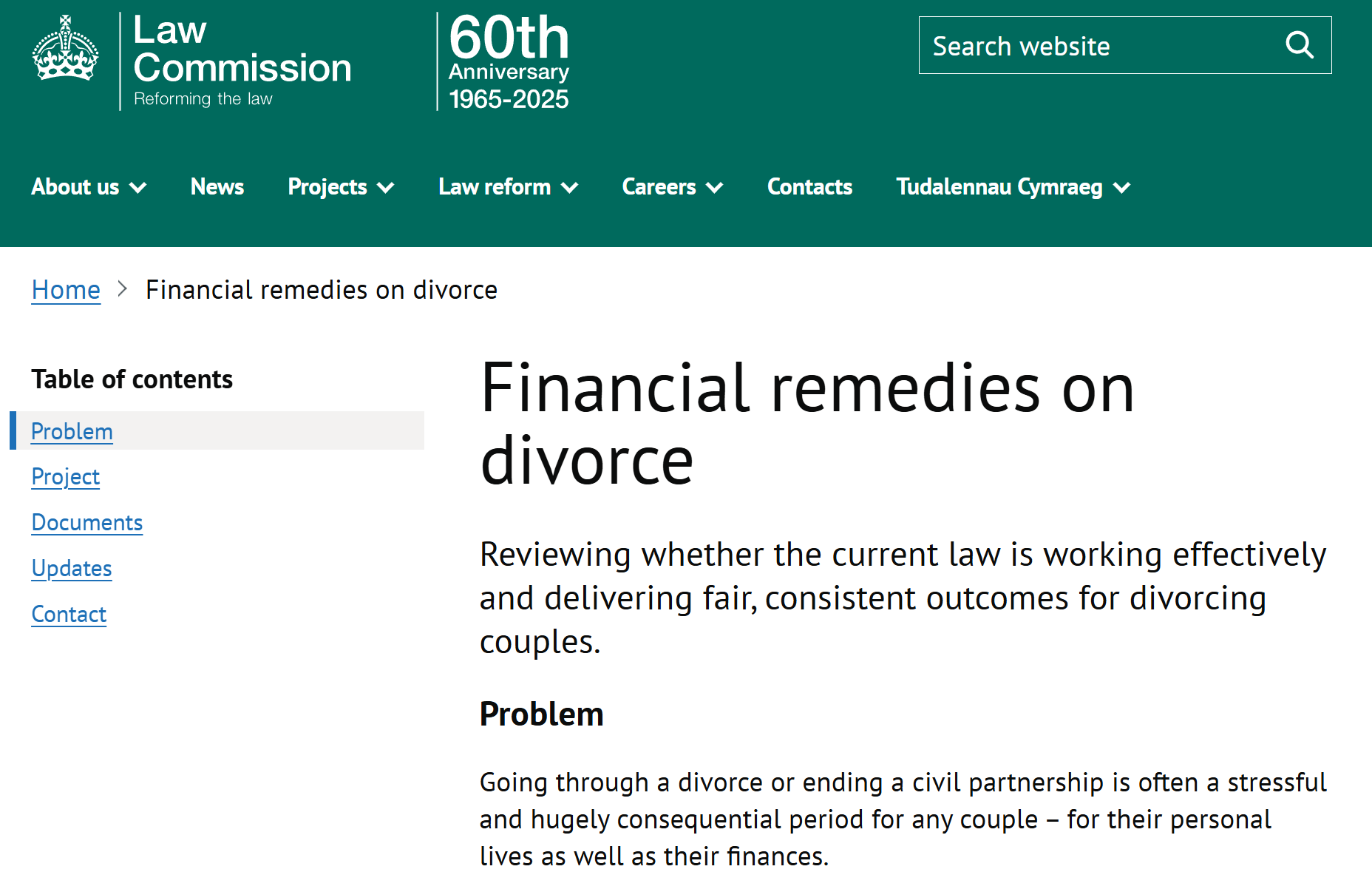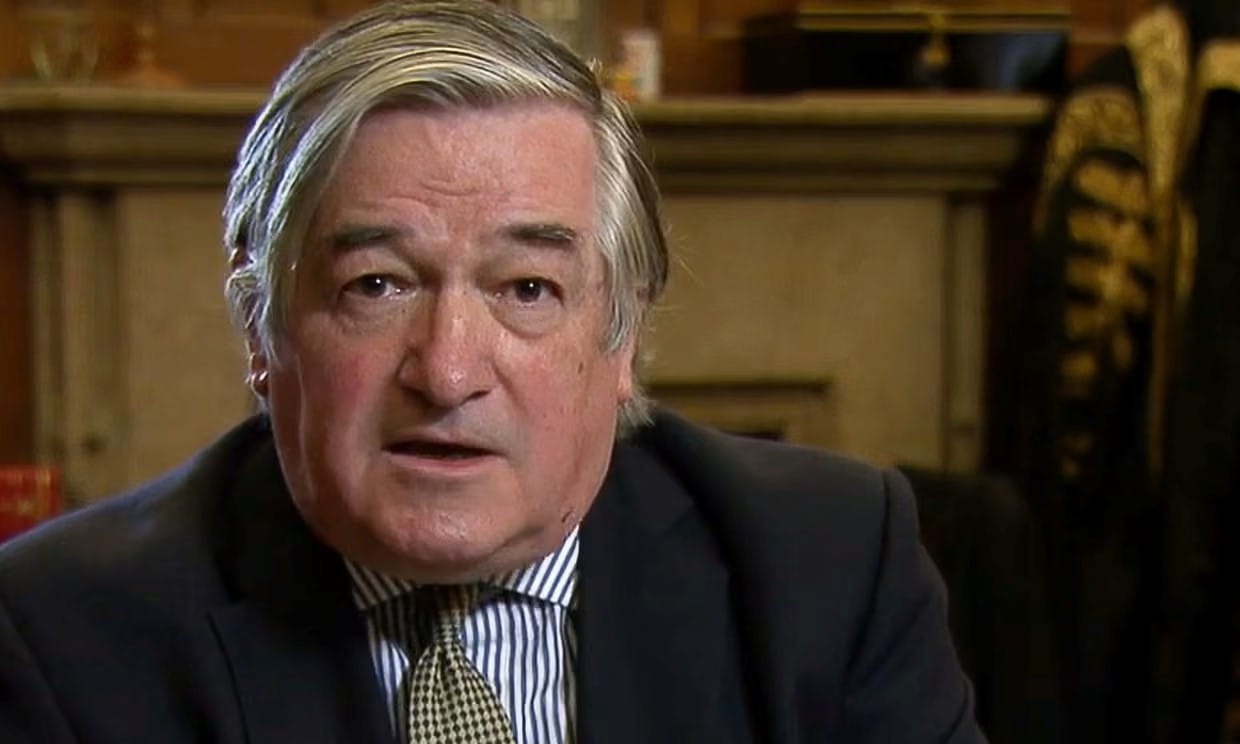BC v BC [2025] EWFC 236
Peel J. Save for four specific matters, parties cannot refer to what happened at the pFDR. The Financial Remedies Court – Primary Principles paragraph 8 issued by Mostyn J and HHJ Hess goes too far by saying that the court should be told that offers were made and that an was indication given.
Judgment date: 30 July 2025
https://caselaw.nationalarchives.gov.uk/ewfc/2025/236
Peel J. Save for four specific matters, parties cannot refer to what happened at the pFDR. Paragraph 8 of the Financial Remedies Court – Primary Principles issued by Mostyn J and HHJ Hess goes too far by saying that the court should be told (i) that offers were made and (ii) that an was indication given.
Background
W’s application to have words removed from H’s open proposal. The disputed words are highlighted in bold:
‘We write further to the first day of the private FDR before [the pFDR evaluator] yesterday. Of course, today would have been the second day of the hearing were it not for your client’s retrograde decision to leave the building yesterday, not thirty minutes after receiving [the pFDR evaluator’s] written indication’.
‘[H] hopes very much that, despite [W’s] impulsive decision to end the pFDR process so immediately yesterday, some sense will now prevail.’
Analysis
Peel J analysed the relevant FPR, FPR Practice Directions, the template order, the President’s Circular: Financial Remedies Court Pilot Phase 2, 27 July 2018, paragraphs 7–11, the Financial Remedies Court – Primary Principles, of 11 January 2022 at paragraph 8 and the relevant family case law. He also considered Passmore on Privilege, 4th edn (2020) at 10-071 and the recent civil case of Halsey v Milton Keynes General NHS Trust [2004] EWCA Civ 576.
Decision
Peel J readily accepted that basic factual details of the FDR or pFDR are ordinarily disclosable, including:
- Whether or not it took place and, if so, whether both parties attended.
- The identity of the pFDR evaluator and the legal teams.
- The location of the pFDR.
- The length of the pFDR.
Despite (i) paragraph 8 of the Financial Remedies Court – Primary Principles issued by Mr Justice Mostyn and HHJ Hess and (ii) the judgment of Recorder Allen KC in DF v YB (No 2 Costs) [2025] EWFC 76 (B) relying on paragraph 8 of the Primary Principles (Recorder Allen a judge sitting in a lower court and whose decision is not certified as citable as authority), Peel J the National Lead Judge of the Financial Remedies Court concluded that the Primary Principles – stating that the court is entitled to know (i) that offers were made and (ii) that an indication given was given – went too far.
- The Primary Principles, which form part of the constitutional documents of the Financial Remedies Court, do not override rules and practice directions which are more restrictive than the Primary Principles in terms of what can be disclosed from the FDC/pFDR process.
- There is no citable case law suggesting that disclosure of these two specific matters is permitted.
- To refer even to whether or not offers were made, and an indication given, intruded upon the content of the process, risked undermining the process and could lead to ancillary disputes.
Peel J concluded with a warning to all:
‘30. I was told that there is, or may be, a practice developing of parties attending a court hearing after the pFDR, and one blaming the other for the pFDR coming to an end, in particular asserting that the pFDR ended when the other party left after the indication without further negotiating. If there is such a practice, in my view it should cease.’
Outcome
The highlighted words were to be removed.







